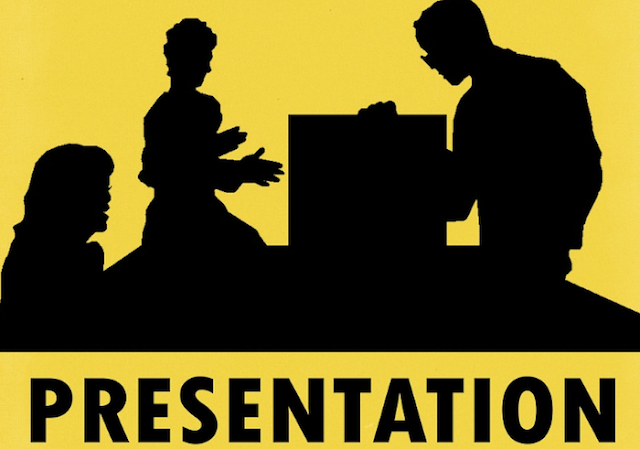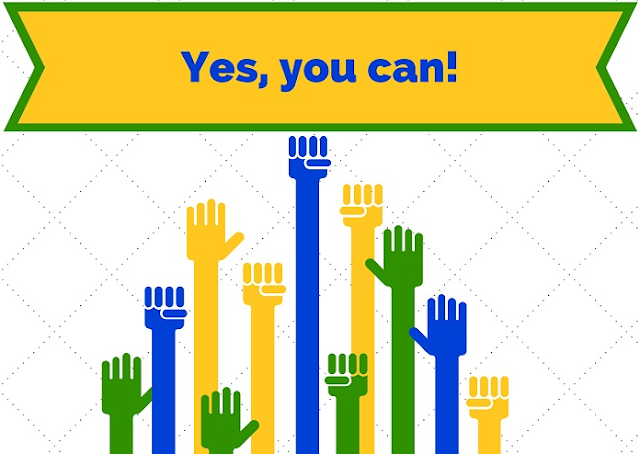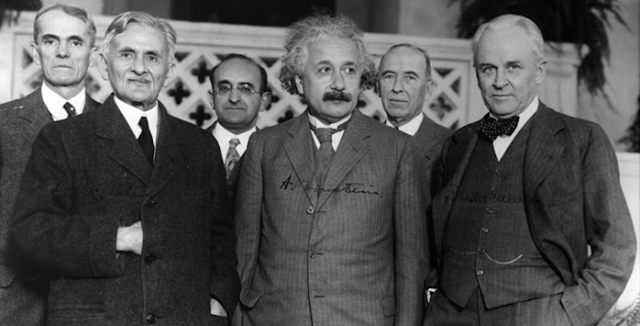Each of us watched live or on video sad or confusing speech or presentation. We also saw quite excellent reports, which were informative, inspiring and professionally executed. Of course, TOP-10 mistakes described in this article do not turn an excellent presentation in a sad, but they can significantly reduce the enthusiasm for the audience. Avoid them and you will see how to change the perception of your listeners. In addition, it will allow you to feel confident and to avoid excessive nervousness during the performance.

- Not prepared enough
Steve Jobs has been known including for his oratorical ability and motivation. His speech seemed natural, but he could spend a few weeks at a five-minute presentation. Careful preparation is the most important aspect for any performances. Of course, it all depends on the amount of time available. If you have it, consider all the details. Loop "competence - confidence" works in this case. The more you know about his speech, so will be able to better cope with the nerves.
- Do not acquaint themselves with the venue and presentation equipment
The ability to walk on the runway for an hour before the show is priceless. Once again, we are talking about confidence and nerves - the better you are familiar with the situation, the less unnecessary emotions will experience. Check out the equipment, which will be dealt with. Think about your actions in case if it fails. You will need the ability to improvise and sense of humor.
- Forget about your audience
Often speakers are so obsessed with their performance, they forget about the audience. Start your presentation with a story about what to expect from her. Let them know what the theme will uncover the first and prepare them for meaningful participation in the process. Encourage them to ask questions and get ready to answer them. Watch for the feedback and prepare a plan B in case if the audience starts to get bored.
- Use inappropriate content
Not all speakers are thinking about the audience that will listen to the presentation. This can lead to a complete misunderstanding. Take time and think over, what are your audience and what they want. Maybe, your audience would like to know how to write a good essay about Halloween holidays. Do not use jargon if realize that it will be perceived negatively. Be aware of the needs and motivation: that might interest the audience and how you can influence it?
- Being too wordy
Short presentations are most effective because end with an audience peak of interest. Do not build too long sentences and use simple language. Usually, the presentation is about 15-20 minutes, so stick to those boundaries.
- Inefficient use of visual elements
The bad slides can spoil the impression of the speaker and his presentation, so take your time to ensure that they are relevant and informative. We've all seen the slides with flashy colors, unnecessary animations or illegible font.When choosing colors think about the place where the event will occur. Dark background on the slide well with white text in that case, if the presentation takes place in a dark room.Carefully choose the pictures. Selection of high-quality photos can lead to the fact that your audience will be overloaded with visual elements and will cease to perceive the voice or text.
- Cluttering the text
The text on the slides should be short and thus most informative and easy. If your presentation lasts 30 minutes, limit yourself to ten slides. Remember, the slides should help to tell the story, and do not overload the audience with unnecessary information.
- Slummock
Usually in stressful situations it spoiled person repeatedly, sometimes with literacy problems are exposed due to nervousness. Breathe deeply and at the first sign of speech and incoherent mutterings gather and begin to speak more slowly. Bet on the quality of speech, rather than the speed of speech - you are unlikely to be expelled from the scene, if you pause for a few minutes longer.
- Ignore dynamics
The dynamics is important in any communication with people - be it public or private conversation. Jobs's presentations were based on the principle of Hollywood films and worked perfectly. The intrigue, conflict, suspense and isolation must be in place. Use body language in the most emotional moments of his speech.
- Avoid eye contact
Have you ever been at a presentation, during which he constantly watched his notes, looked at his feet, the ceiling or on the screen? How did you feel during these moments?The fact that this public statement does not mean that you can not look people in the eye. This is a wonderful trick, because it helps to relax and at ease - as if you are talking with an old friend, and not speaking to a large audience.Remember that performance in public - is primarily a presentation. Do not let your audience get bored and thus provide it with the most useful information. Try to avoid these mistakes and increase their level of the speaker.




















